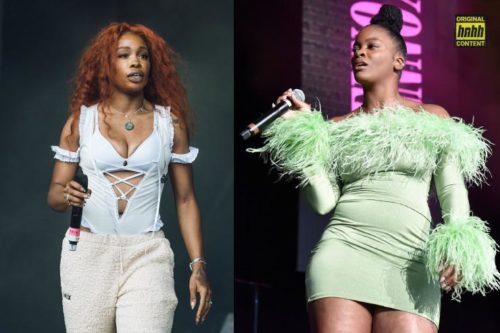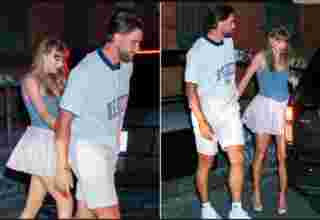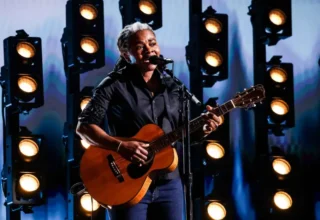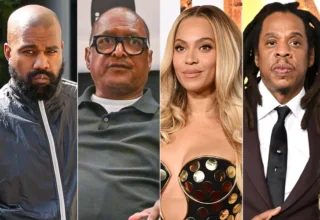
Why is an r’n’b such an exciting genre right now?
https://open.spotify.com/playlist/12CA3zv7yiRX48azmHGZgo
Could this have to do with the recent trend of ‘90s and ‘00s nostalgia? The ‘90s were a peak era for r’n’b, and with the current trend of “everything that’s old is new again,” we are seeing a resurgence in the sound that was cultivated during its heyday, albeit modernized. Summer Walker’s “Come Thru” (or perhaps the entire Over It album), Ari Lennox’s “BMO” (and again, you can also refer to Shea Butter Baby for some vintage-yet-new vibes), Tory Lanez’s Chixtape 5 are three recent examples that come to mind.
Much in the same way that platforms like Soundcloud and the widespread distribution of technology (i.e., home recording equipment) have made rap an industry that literally anyone can enter, the same can be said of r’n’b. The bedroom genre can easily be created in one’s bedroom (!), before getting flagged by a label’s A&R or landing viral luck. The Weeknd single-handedly influenced a whole generation of budding singers, and while Abel’s influence was once perhaps too dominant, his singular impact has since been watered down thanks to genre explorers like FKA Twigs, thanks to it-girls like SZA and Solange, hard-to-classify artists like 6lack, more traditional singers like Gallant, and the list goes on. As hip-hop has grown because of the internet, so too has r’n’b developed many genres under its umbrella, opening up space for different types of singers to try their hand at it, singers who may not look or sound the traditional part.
There’s something different about the way you consume r’n’b, which does add to the nostalgia of it. R’n’b tends to be an inherently memory-inducing type of music: you listen to a song, and you associate memories to each depiction within the lyrics– a former lover, a would-be lover, a current lover. Even if it’s not bringing up a memory about a specific person, you may recall an emotion you once felt that’s being described within the song. I don’t mean that you associate the song with a time in your life like you might with hip-hop music; for example, Wiz Khalifa’s Burn After Rolling mixtape is one I clearly associate with my university life– oftentimes you associate hip-hop music with a more vague/general time frame or “era” from your past life, as opposed to associating it with a distinct memory of a person. R’n’b music, is then, more personal too– it brings up thoughts and feelings about people in your life, or else, very real and precise moments that you had with said people. It’s inevitable.

Beyond the way you connect with, and absorb r’n’b music, consuming r’n’b is typically a more thoughtful and prolonged effort than its sister genre. R’n’b music may not hit you as instantly as an uber catchy and succinct rap song. You may need to listen to the song fully and whole-heartedly (meaning: not while multitasking) more than once to really find the groove within it. You may need to do this for the entire album. In this sense, r’n’b takes more effort to devour, but the payoff often feels much more rewarding than a brisk and catchy 2 minutes of Lil Pump. And, where rap songs are getting shorter and shorter, on the verge of disappearing (or at least, becoming 60-second snippets you can fit into a TikTok), r’n’b still seems to straddle the more traditional 3-4 minute song range.
R’n’b has always been considered “grown” music. It’s not a genre that you would put on to keep your kids distracted, like you might with the latest Lil Nas X. It’s a genre you put on solely for yourself (and maybe one other person). It’s also a long-form genre. You don’t tend to put on one r’n’b song and call it a day. You go to the artist you like, and you play a particular album from start to finish. R’n’b, after all, is the original mood music. We can take that to the next level: it’s the original playlist, meant to play all the way through, smoothly.
[via]







